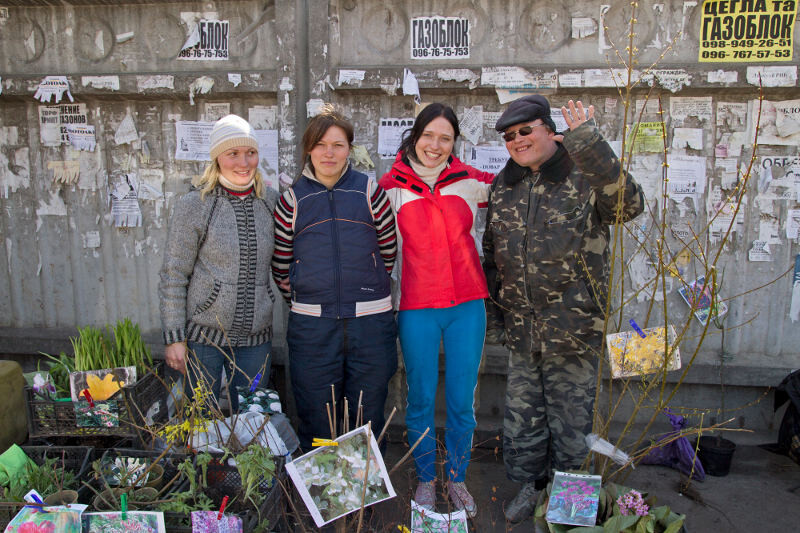Huntsman Body and Soul
How to remove the brain of a deer from the skull? Enthusiastically, with a twinkle in his or her eye and screwdriver in his or her hand, Jaroslav Kratochvíl explains one of the secrets of hunting, which he encountered while filming his film Long Live Hunting! presented in the Czech Joy section at the Jihlava festival. The film gained sympathy on all fronts: hunters consider it credible and honest and non-huntsmen see it as ironic and slightly mocking. For Jaroslav Kratochvíl the film is primarily a testament to the animal in us.
You follow five different hunters. How did you gain access to this community?
During the preparation of my screenplay, I often meet with friends and talk about the topic. Through them I gradually met the main protagonists. The hunting community is not too big. They all know about each other and each other’s trophies.
There are no women in the film. Do they also partake in this hobby?
I chose one girl for the documentary. Katka was from Šumava and was eighteen years old. She was just about to take her hunting tests. She was an incredible girl, who was full of passion and described how she uses a screwdriver to remove the brain of a buck with a twinkle in her eyes. A huntress body and soul. In the end, shooting did not take place and I was left in male company.
What did you tell your protagonists in the preparation stages? Did they know what the movie would be about?
I told them I was doing a film about hunting and game management and that I did not know a lot about the topic and would like to learn. Generally, with all people whom I ever filmed I had a friendly and fair relationship. I always try to be straightforward with them and don’t tell them I am making a different film to the one I am shooting.
But I have the feeling that you are mocking the hunters in the documentary.
I formed an opinion on the topic only once we started shooting. It was my goal for the film to have humour, but not to ridicule. Those are two different things. Some of the protagonists saw the film and did not have the feeling I was mocking them and they themselves laughed at some parts.
How did viewers who are against animal hunting react to the film?
I showed the film to hunters, people from Freedom for Animals (Svoboda zvířat) and vegans. Both sides react positively towards the film. The hunters say that it shows what hunting looks like and what makes it beautiful, while animal supporters see the opposite, what is disgusting about hunting. It does not insult either one of them.
You use emblematic film language in your film – composition, static shots as a contrast to animalistic hunting. Was it your goal to work with counterpoint, or did you choose it because of the harmony while screening?
This was the intention from the very beginning. From an author’s point of view, it is important to contemplate the formal approach of each material. Not every camera is suitable for every topic. When I thought about the hunt and hunting, one of my first stops was a taxidermy workshop. When I saw the animals, who look both realistic and still, I started to see them as a 3D photograph. Somehow I got the idea to do static shots as a reference to the stillness of the trophies. At the same time, I was also inspired by the composition of Baroque painting of hunting.
How do you plan to get the film to people?
First of all, I would like to have open discussions with hunting communities in regions. I would like to tour villages, with a hunting tradition, with the film. I would address the town authority, along with the Hunting Association, scouts and biology enthusiasts in advance and offer a cultural program.
But how can you explain that it is inhumane according to some people?
The film shows that hunting, at least in the Czech context, is necessary and from what the necessity stems. Humans have meddled with nature to the degree that it is unable to function without outside interference. There are no predators to hunt game or humans. Nature is no longer wild and unspoiled, but cultivated by man. If we say that hunting and game management is inhumane, we probably mean, that it is not in accordance with the idea of man as a humble Socratic-type creature, capable of being free and drinking a cup of hemlock at the same time. But I, in this regard, perceive man as a predator and in this sense I see hunting as humane. Man, as I understand, has his passions and instincts just like other animals. Hunting and game management represent the remainder of man as predator, an instinctual creature.
This interview was published full-length in Czech in the Jihlava IDFF newspapers, dok.revue F03.
Translated by Floriana Skorulska



